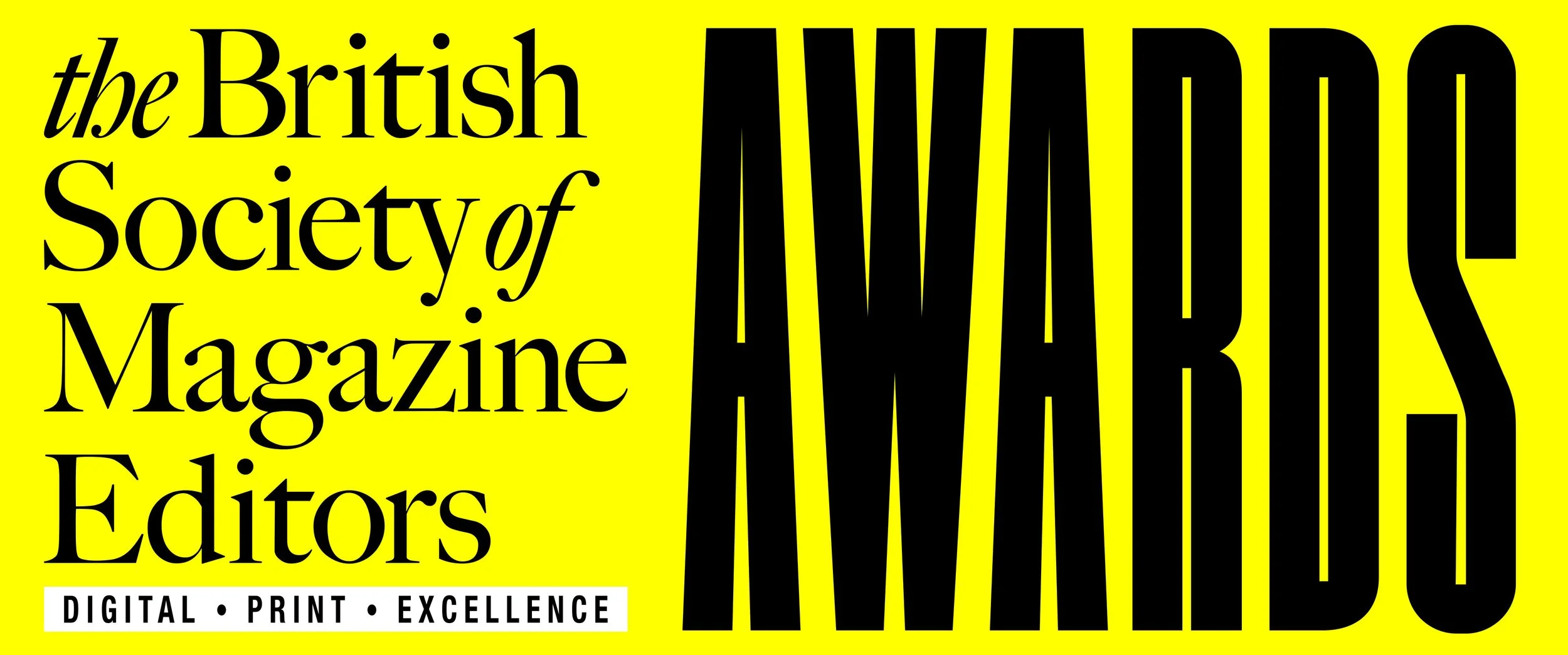BSME Awards Scoring & Judging Process
Thank you for agreeing to join the judging panel for The BSME Awards this year.
THE SHORTLISTING AND JUDGING PROCESS
STAGE 1: Shortlisting process
Judging teams are divided into groups of three and allocated a similar number of entries/categories to shortlist, keeping the workload as even as possible throughout.
We allow three weeks to return your shortlisting scores to us and will send reminders on this. Please don’t be tempted to leave it until near the deadline as some categories can take longer than expected.
All details of your groups’ categories and their entries will be sent to you by email.
Many entries will send in hard copy magazines in support of their entry. You will receive a box of magazines for your categories. Other entries will have attached their issues to the online entry or provided links to readable versions. There may be a mix of how issues have been sent but you should have visibility of each supporting issue.
The scoring sheet will be an editable Google Sheets document, which is unique and private to each of you. It is also available to us so there is no need to save and return it to us.
Please ensure you remind yourself of the rules and criteria prior to judging each category.
Mark all criteria in each category out of 10. We need your marks for every entry/criteria in order to create the total score from all judges.
Use the full range of scores (1-10) where appropriate. Some judges don’t like to give low scores however it’s
We encourage you to make notes on each entry on the scoring sheet, just a line or two. This is for your own benefit to help remind you of the entries when it comes to discussing your group with your fellow judges.
Please email Maree to notify us when your scoring is completed.
Also, it would be very useful if you can provide feedback on any aspect of the awards, categories or judging process while it’s fresh in your head to help us improve future Awards.
STAGE 2: Judging sessions
The judging sessions is where each group meets (via a video call) to discuss and decide on the winners of their categories. These sessions are overseen by either the chair (or other committee member). We look at the combined scores to see which entries were strongest and debate for about 20 minutes on each category before deciding on our winning entries - not always the entry that scored highest.
For each winning and highly commended entry, we will ask for a member of the judging panel to write an anonymous soundbite. This is where the notes you have previously made on your scoring sheet come in very useful!
Allow 2 hours for these sessions.
TIPS FROM PAST JUDGES
Get stuck in – be inspired
We editors are deadline artists, and that table full of mags can feel dauntingly big, but we owe it to every candidate to get stuck in. You’ll soon be drawn in as you discover a mag you’d never heard of or an editor who’s a star. It is actually really inspiring!
Do make notes
Make notes on each contender as well as giving them scores – the final meeting could be a month away, by which time you may have forgotten what led you to give the different scores to the entrants. We have added a notes field into the scoring document for ease.
How to score
How do you begin? The practical stuff… Read the criteria for the category you are judging. Read the breakout points you are judging it by: design, engaging with the target audience, editorial innovation, audience measurement etc. Suggestions are to start with an average score, not too high, not too low. Then mark against each of these judging points. If five is your middle point – then did they do better or worse than you expected and think about why? As you go through each judging point this will give you an overall score. If you don’t have time to break these down, that’s fine too. An overall score, with five as your middle ground and then go up and down. You will be adjusting this again and again – but that’s OK!
Look outside your area of interest
The question we’re being asked is not “Do you love this mag and would you subscribe to it?”. It’s “Has the editor done the best job, this year, in their field?”
Remember what the BSME is about
We’re all about excellence – editorial excellence, which may or may not be reflected in sales.
Inside knowledge and what to do with it
If you know the field you’re judging, or one of the titles, by all means, bring that knowledge to the process, while leaving any prejudices behind. If you don’t know the field at all, that can be useful too. You can bring an open mind and see the wood for the trees. If one of the editors in your categories is a friend, you’ll need to put that to one side – or decide that you can’t, and drop out of that part of the conversation. You will also have to resist the temptation to tell the friend what happened. Remember all judging conversations must remain confidential.
The shortlist counts
Remember the shortlist is an authoritative guide to the best editors in a given field, or at least the best who entered that year and it really counts! It’s tempting to think all that matters is finding the right winner. The shortlist allows dozens of editors, art directors, and columnists to travel hopefully. If in doubt, we should make the shortlist longer. It’s a good way to acknowledge a smaller mag, or a rock-solid one that doesn’t change much from year to year. They may be long shots, but they deserve some recognition. It’s a morale boost for every member of their staff.
The quote counts too
After a winner or highly commended entry emerges, there’s often a telling moment when you’re asked: “So can we have a line for their quote?”. In a close race, one thing to think about is how you would encapsulate each editor’s performance. What have they done that’s so good? How highly can you praise them?
The role of the chair...
Each panel of judges will have the chair, or a vice-chair, sitting in. They are not there to dominate the proceedings. If this was a football match, they’d be the ref rather than the manager. Their role is to support the administrator, to see fair play, to apply the rules, to calm things down if the debate gets overheated, and to use their casting vote in the event of a tie.
To commend or not to commend?
It exists for only one scenario: when it’s a struggle to separate two candidates. If they’re dead level – really, honestly – we can opt to give them both an award. If one edges ahead as you discuss their merits, but it remains very close, the other can be Highly Commended.
The Mark Boxer Award
The Mark Boxer Award is really the BSME's Oscar. It is an award for editorial excellence which was introduced in 1988 in memory of the talented writer, editor and cartoonist, Mark Boxer. It is an award for “an outstanding editorial contribution to magazines in this country”. It’s our lifetime achievement award, so when you have a candidate in mind (and you need to check whether they’ve won before). We need to take the long view: is it somebody whose achievements will stand the test of time? And we need to take an inclusive view too. These awards, more than any other one, should say who we are and what we believe in.
Any questions, feel free to send us an email

